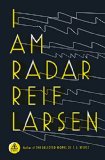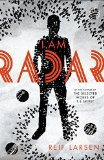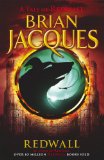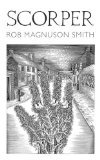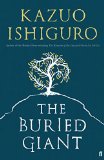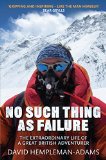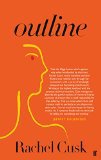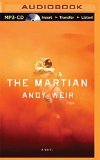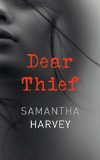 Longlisted for 2015 Baileys Prize
Longlisted for 2015 Baileys Prize
Five words from the blurb: woman, writing, friend, past, revealing
The Wilderness, Samantha Harvey’s debut novel, was an outstanding book. It was beautifully written and packed with emotion. Her second novel, All is Song, was dull in comparison. I tried reading Dear Thief on its release, but abandoned it because it felt more like her second novel than her first. Dear Thief was recently longlisted for the Baileys Prize so I decide to give it another try. Unfortunately my initial assessment was correct. It is a lot better than All is Song, but not in the same league as her debut.
Dear Thief takes the form of one long letter from a women in her fifties to a friend she knew thirty years ago. There are wonderful descriptions of their childhood in Shropshire and these are contrasted with life in London. Harvey brilliantly observes the natural world and interactions between different people. I can’t fault the writing on a paragraph level at all:
I suppose the world is constantly producing things of wonderment, every moment, at every scale, and one time in every million or so our minds will be such that we will be open to seeing it. To see the silver effervescing of that dust was as beautiful a sight as any mountain or waterfall; but then, when I saw it, I was in love and as happy as a human being can be. Of course this helped. The world is heavily changed by the way we perceive it; in all my reticence and doubt, this is one thing even I haven’t been able to dispute.
Unfortunately the writing lacked emotion. Even scenes that should have been packed with feeling were tempered by meandering thoughts.
Very little happens throughout the book and I found that there was so much foreshadowing I knew most of the plot before it was revealed. If you can enjoy a book simply for the beautiful writing then you’ll appreciate it, but I prefer a bit of emotion or plot.

.
The thoughts of other bloggers:
…a stunning novel. The Writes of Woman
It has so many merits and so many good things about it yet I still don’t feel right saying I truly enjoyed it because I don’t think I did. Plastic Rosaries
…a most unusual book, alive with matters of spirituality and philosophy. Shiny New Books

